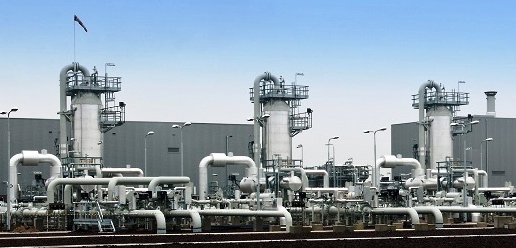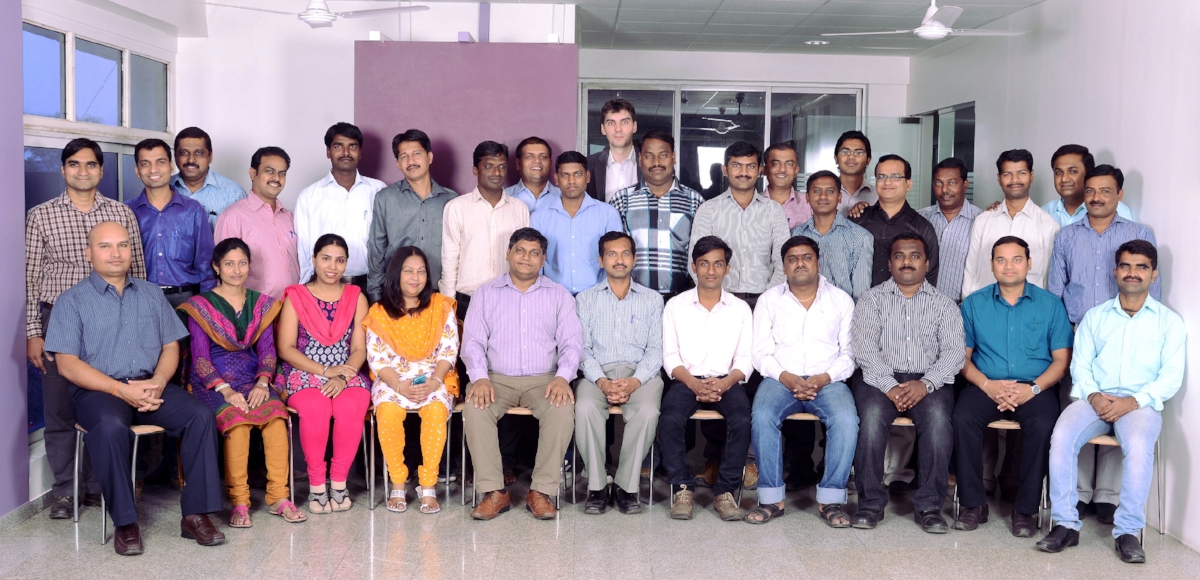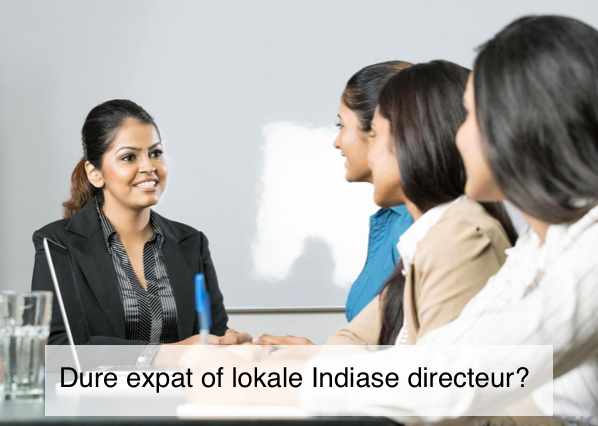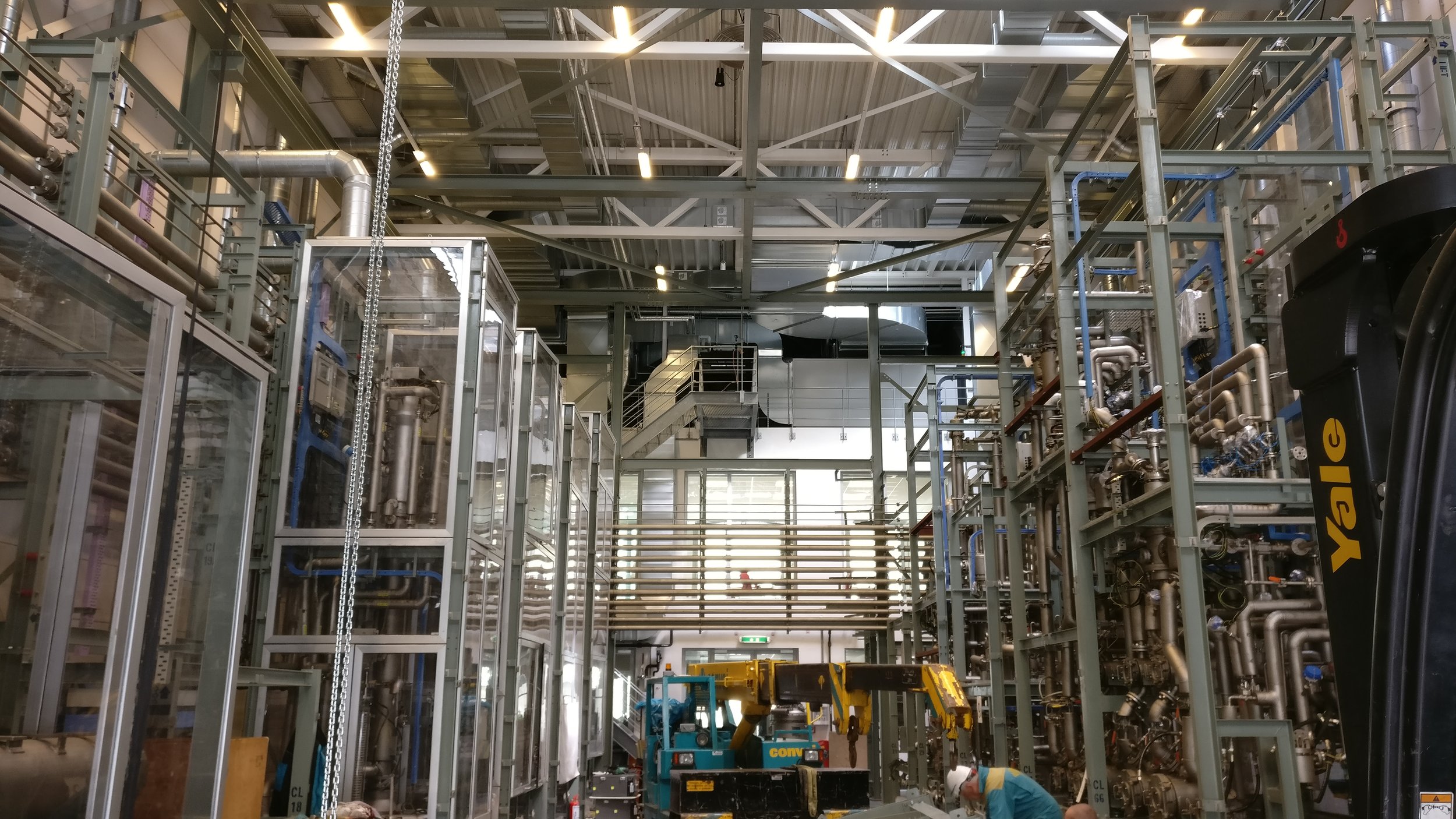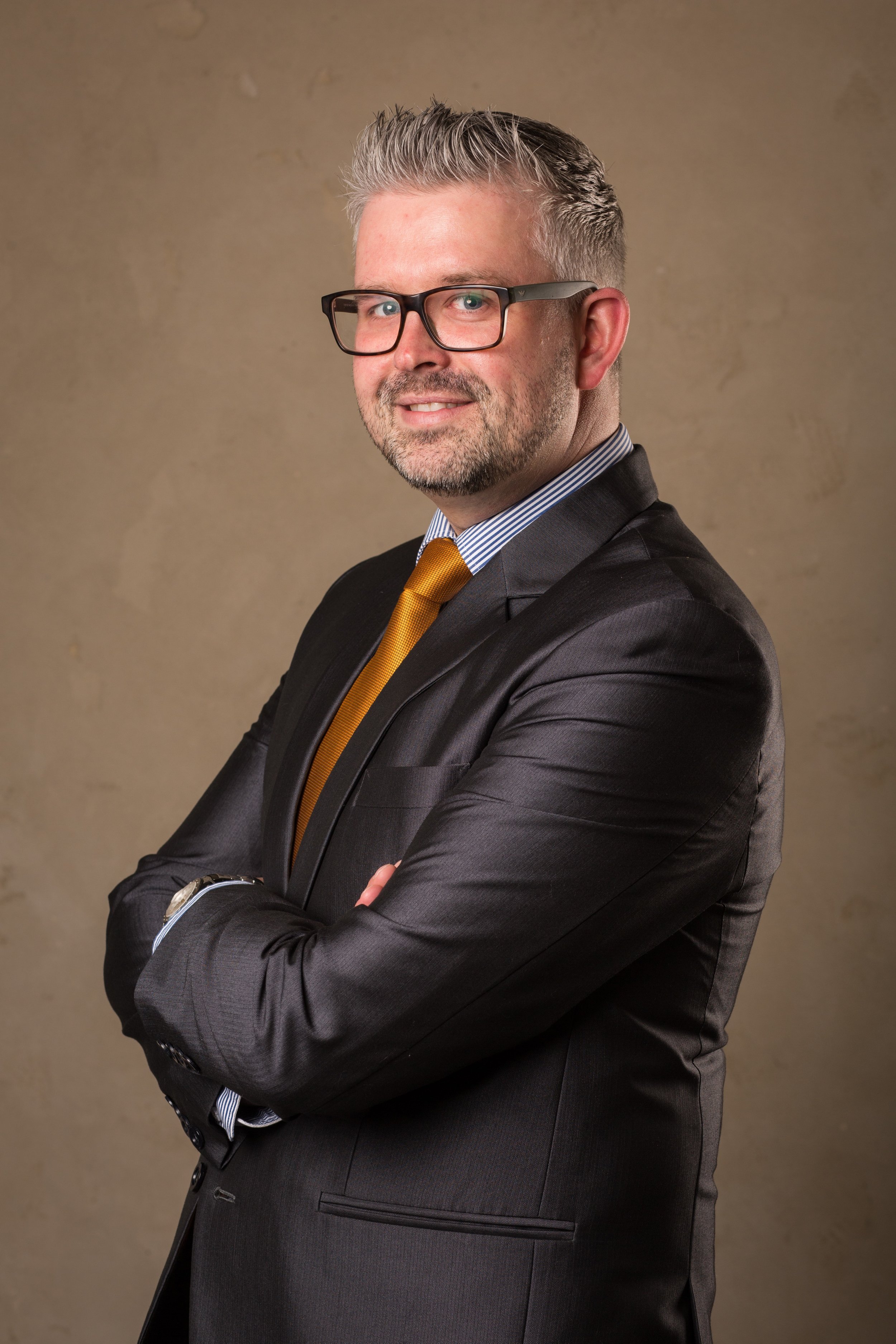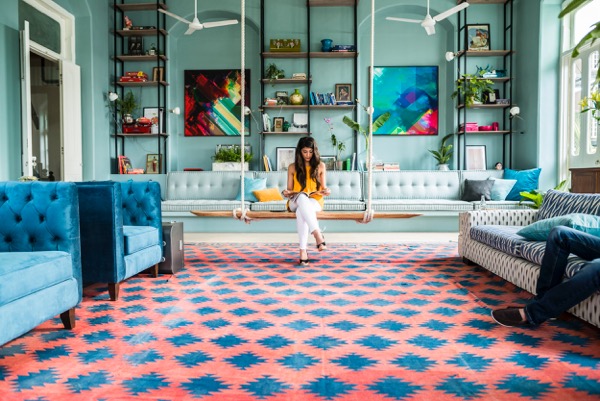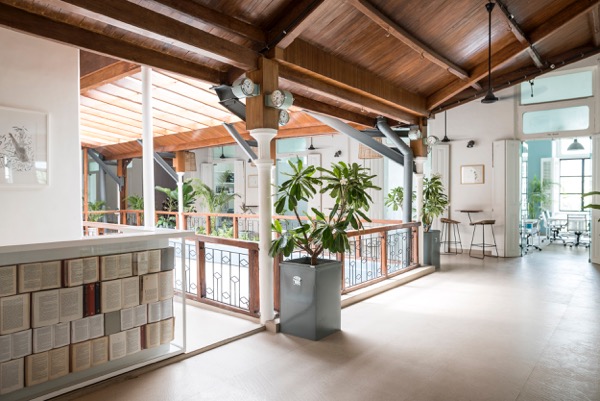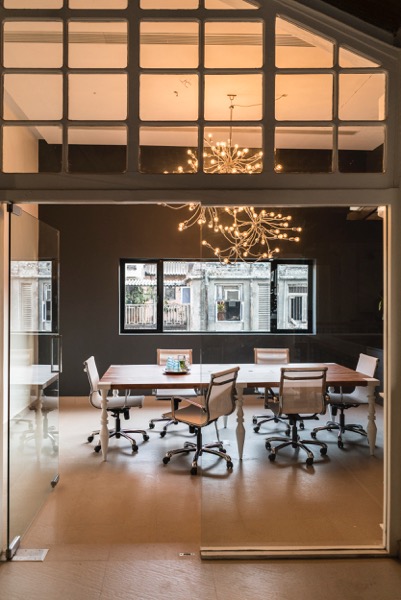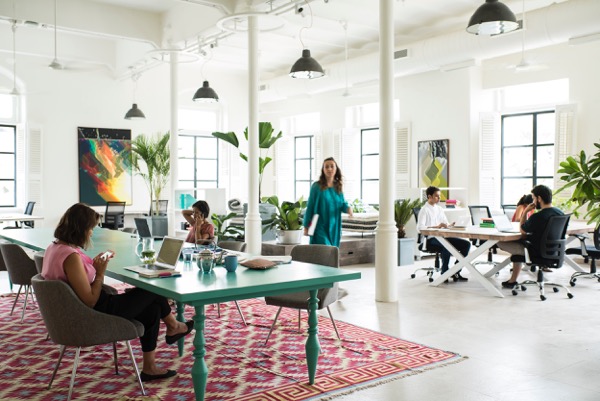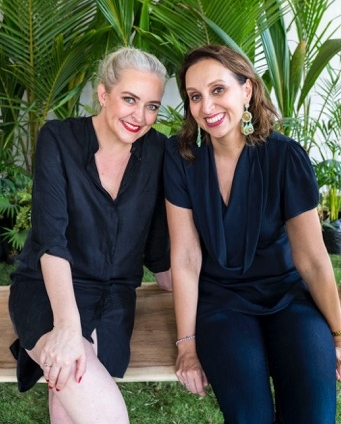Now that the economy is picking up, the structural shortage of engineers in the Netherlands is once again becoming painfully clear. An Indian branch can offer a solution, says Andre van Berkel, director of Frames Group India. Ten years ago, the Alphen aan de Rijn-based company took the plunge and is now reaping the rewards.
One of the Frames projects (Photo: Frames)
The economy is booming in 2006 and Frames is growing. However, the company that designs and builds process plants for the oil, gas and biogas industry does not have enough engineers to do all the work. This hampers Frames' growth. The company looks for a country with an abundance of engineers and decides to open an office in the Indian university town of Pune.
Since July 2012, Andre van Berkel has been director there. Van Berkel manages fifty Indian engineers. He likes it there and recently extended his contract. "Life is good here, the climate is nicer than in Mumbai. Our employees agree. Many Indians come to Pune for their studies and then want to stay here."
Experienced engineers
Frames designs complete systems that the company assembles worldwide. To do this, Frames needs experienced engineers. "Our HR manager advised me not to hire school leavers. It takes too much work for a relatively small company like ours to get them functioning." But even experienced Indian engineers still need extensive internal training, Van Berkel acknowledges. "In India, engineering work is highly specialised. An Indian engineer with five years of experience has spent five years working only on his own trick. But we need all-rounders. Indians have to get used to that, but they also like it, because they can learn new things."
"Our HR man advised me not to hire school leavers."
Initially, this training took place in the Netherlands, but the company soon changed its mind. "In 2006, we brought our first batch of Indian engineers to the Netherlands for internal training. We even gave them a certificate afterwards. Not so smart, it turned out. Within ten months, they had all left. With their international certificate from Frames, they could quickly make a career jump. Logical really."
The Indian team of Frames (Photo: Frames)
Since then, Frames has only brought its Indian engineers to the Netherlands as part of a project, emphatically never for training. "Because it is still useful to send them to the Netherlands: they come back better. It also means they stay with us longer, because such foreign working visits increase status. "Then an engineer can tell his parents-in-law that he has to go to the Netherlands for his company. You shouldn't underestimate how important that is here. The pressure from the family can be very great. It is often the first generation that has studied. The family has incurred high costs and wants their child to be successful. You have to see requests for promotion in that light. For the family, it is very important which title is on the business card. You sometimes have to make concessions to employees in this respect."
Staff turnover
Such insights are essential to combat staff turnover. Like many Dutch companies in India, Frames initially struggled with high staff turnover. "When I came here, we had 30% staff turnover. When I came here, I thought I couldn't change anything, but at some point I realised that reducing staff turnover is crucial to success here. Otherwise, as an organisation, you are constantly pushing the reset button."
But how do you ensure that your staff stay longer and that there is less turnover? "People often think that it's all about the money. That they will leave quickly if they can get a rupee more somewhere else. But that is nonsense. You have to make it clear to them what the vision of the company is, set goals and show them their role and growth prospects in it. Indians are competitive and like to be challenged, to learn new things. Just like Dutch staff, in fact."
In addition, there were a number of practical reasons for the high staff turnover at Frames, according to a survey of staff conducted by an external HR consultant. The office, for instance, was at an unfavourable location, making the travelling time for many employees long. Frames has since moved to a more central location near a large train station. Frames also extended health insurance from just the staff member to the entire family. In doing so, Frames won over the employees' families, who, as mentioned, have a crucial say in the matter. Van Berkel: "In job advertisements in India, we present ourselves as a multinational and that comes with certain expectations. A tidy office and health insurance for the family are part of it." All efforts bore fruit: staff turnover fell to 9 per cent in three years.
Bringing in Indian clients
Now that Frames has its implementing organisation in India in order, Van Berkel is also looking at India as a possible market. So far, the company has not yet served any Indian customers. "We are currently studying how we can best go about that. There are many opportunities in the Indian energy sector, but you only stand a chance if you have unique know-how, or if you are willing to give process guarantees that local competitors are afraid to give. Otherwise, you are always too expensive." But even if, like Frames, you sell high-tech products that Indian companies cannot match, patience is a must. "India's state-owned oil and gas company ONGC is bursting with capital, but projects are slow to take off. Also, you don't get on their list of potential suppliers just like that. To get on it, you have to have the right contacts. In fact, cooperation with a local party is necessary. How do you find them? "It is difficult," admits Van Berkel. So trial and error? "Yes, actually."
"In India, you only stand a chance if you have unique know-how. Otherwise you are always too expensive."
Many Dutch companies opt for a joint venture to enter the Indian market. "Indians love joint ventures," says Van Berkel. "In the start-up phase, it also has great advantages for Dutch companies. But a joint venture is certainly not eternal. You have to keep evaluating whether you still have the same objectives. After four years, that is usually no longer the case: that is my rule of thumb. Then you have cleared the biggest hurdles and the local partner has got what he wants out of it." To set up a sales office, Frames needs another new partner, Van Berkel thinks. "In fact, we need to set up a completely new company. Pune is a good place to attract engineers, but it is not the best location for a sales office. For that, we'd probably be better off in Mumbai or Delhi, because that's where our potential customers are."
During meetings of INBA Pune, the Dutch business club in Pune, Dutch businessmen regularly discuss the desirability of a local management team. After all, that saves a lot of money. Moreover, Indians naturally understand better how the Indian business culture works. Van Berkel: "Still, the question is whether what you have established will stick under the leadership of a local director. There are plenty of examples where that is not the case. Then you notice that certain decisions are no longer made according to Dutch logic, but on a relational basis, for example. Or that it becomes chaos, in our eyes. We don't want to run that risk at Frames.
Want to share your vision of working in India? We would love to hear it!

